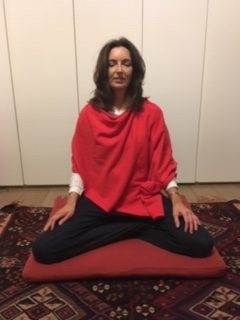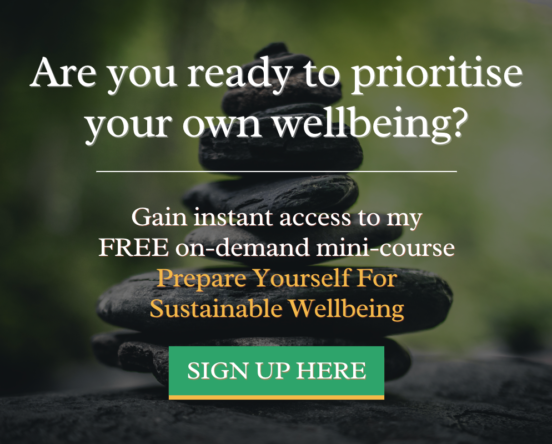
I can’t count the number of times I’ve heard variations of this phrase, e.g.
“My mind is too active to meditate”
“I’m too busy”
“I don’t have the time”
“I don’t want yet another commitment”
“I can’t stop my thoughts”
“I’m feeling fine and don’t need it at the moment”
“I’m too anxious”
“I’m not patient enough”
“It’s boring”
“I need a new job/partner/home, not meditation”
“I’d rather go for a walk to clear my head”
“I’d rather book myself a nice massage or have a bath to relax”
“I may get around to it when life is less challenging/busy/demanding”
I can relate to all these points and yet, they all miss the point entirely. Meditation is not yet another activity, hobby, commitment or even chore. It’s a way of using our mind. As I keep pointing out, the ancient Sanskrit and Tibetan words for meditation mean “cultivation” and “familiarisation”, respectively. A cultivation of and familiarisation with our own minds.
Meditation can be done in any of the four traditional postures of sitting, lying down, walking or standing (all of which are part of our everyday life already and can easily accommodate the practice if one is willing). When we meditate we are familiarising ourselves with our minds, our desires and aspirations, our mental habits, our mental state, our thoughts, our sense of being embodied, our assumptions, beliefs, biases, emotional landscape and ultimately the nature of our own awareness beyond all constructs of the mind. We are becoming intimate with who we really are and not just who we think we are. It is a true practice of self-knowing in the sense of the Delphic oracle’s imperative: “Know thyself!”
And through the practice, our view will inevitably shift and expand, we may revolutionise our outlook on ourselves, on others and the world, re-assess our values and priorities, liberate ourselves from the prison of our limiting narratives, make different and more skilful decisions, learn to manage our emotions better and become more compassionate towards ourselves and others.
If you are reading this, you have a mind, and you use this mind for absolutely everything you do, say and think, whether you are aware of it or not. And this is the crucial point. We can choose to be a master of our mind or its slave. As the famous Zen saying goes, “the mind is a wonderful servant but a terrible master.”
As you go about your day, it is your mind that will initiate all your actions, interactions and reactions, the physical and the mental ones, and you can choose to know that mind that is at the heart of everything we are. This is, after all, why we belong to the species of homo sapiens sapiens, the species that not only knows, but knows it knows.
If you want to explore how meditation can help you on your own life’s journey as part of my integrated approach, feel free to book yourself into my diary for a complimentary 30-minute coaching session! https://fb.com/book/claraenlightenedleaders/



